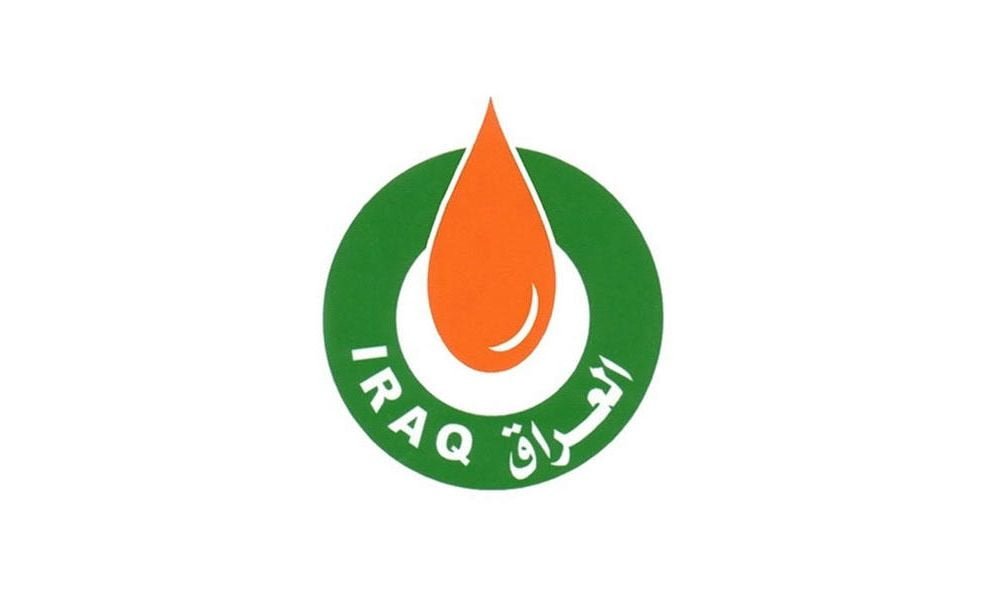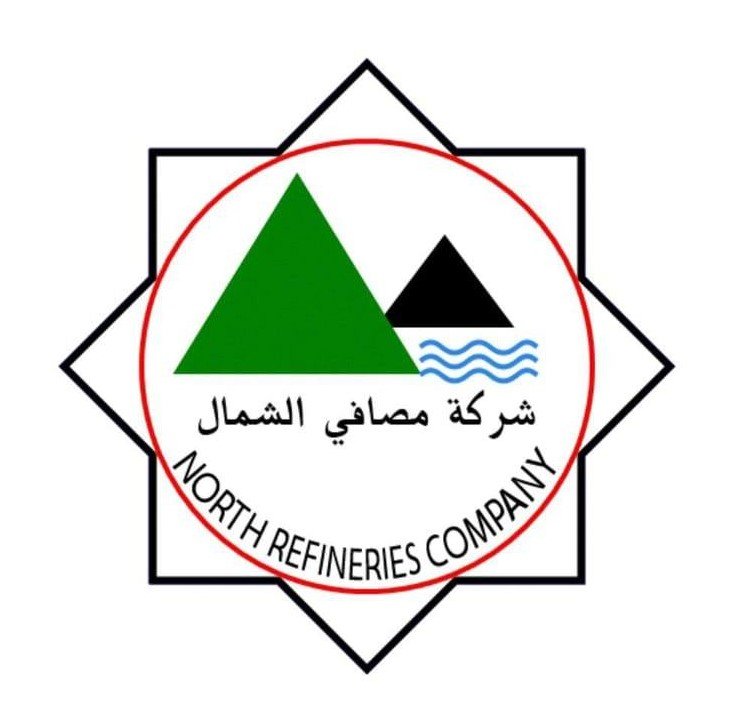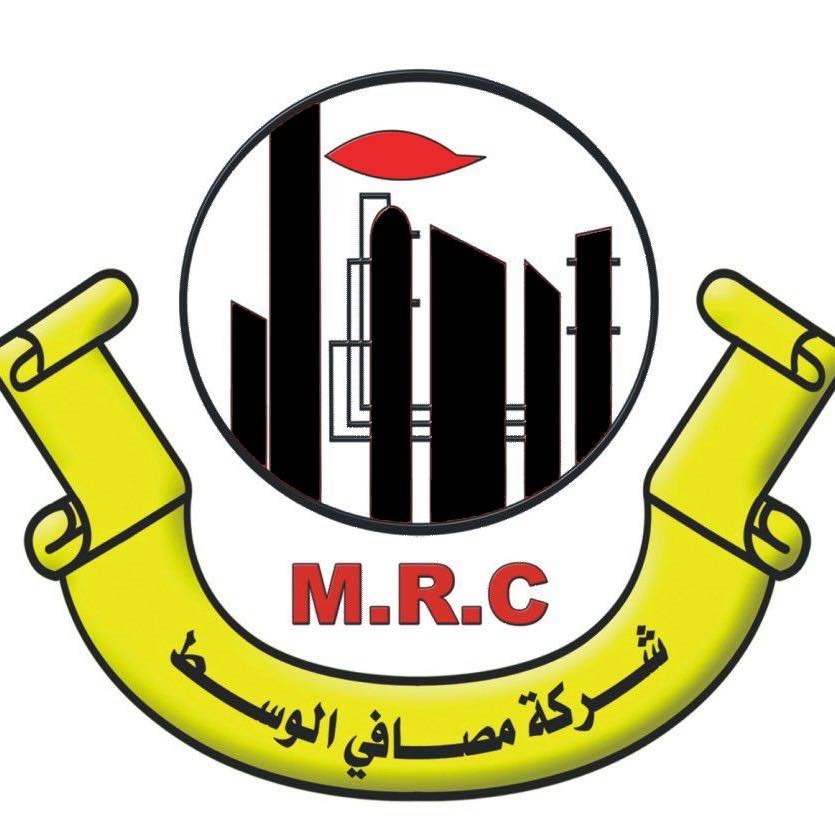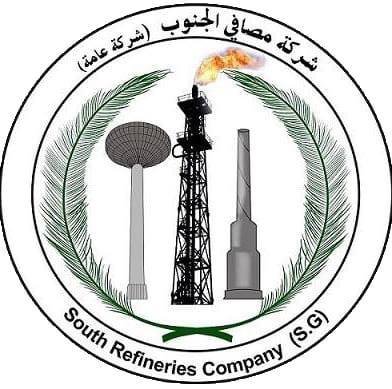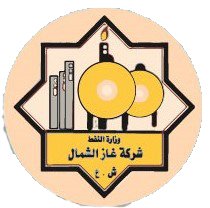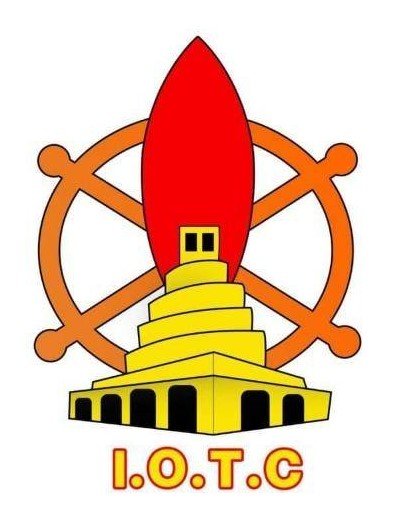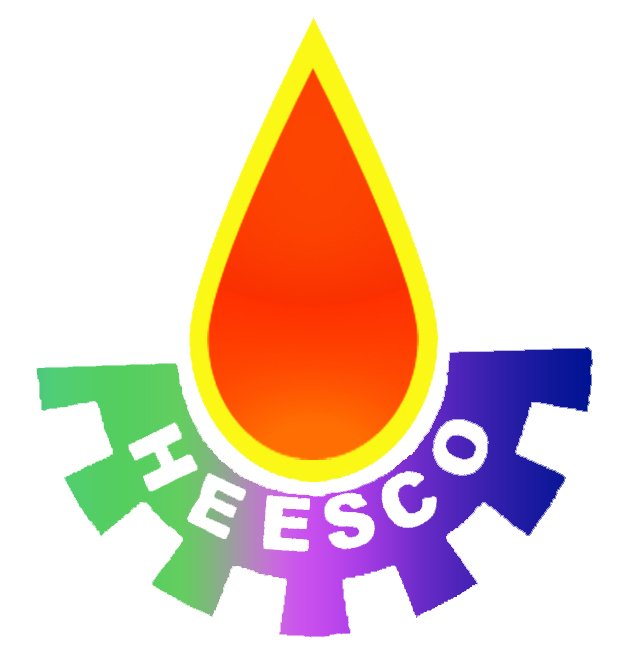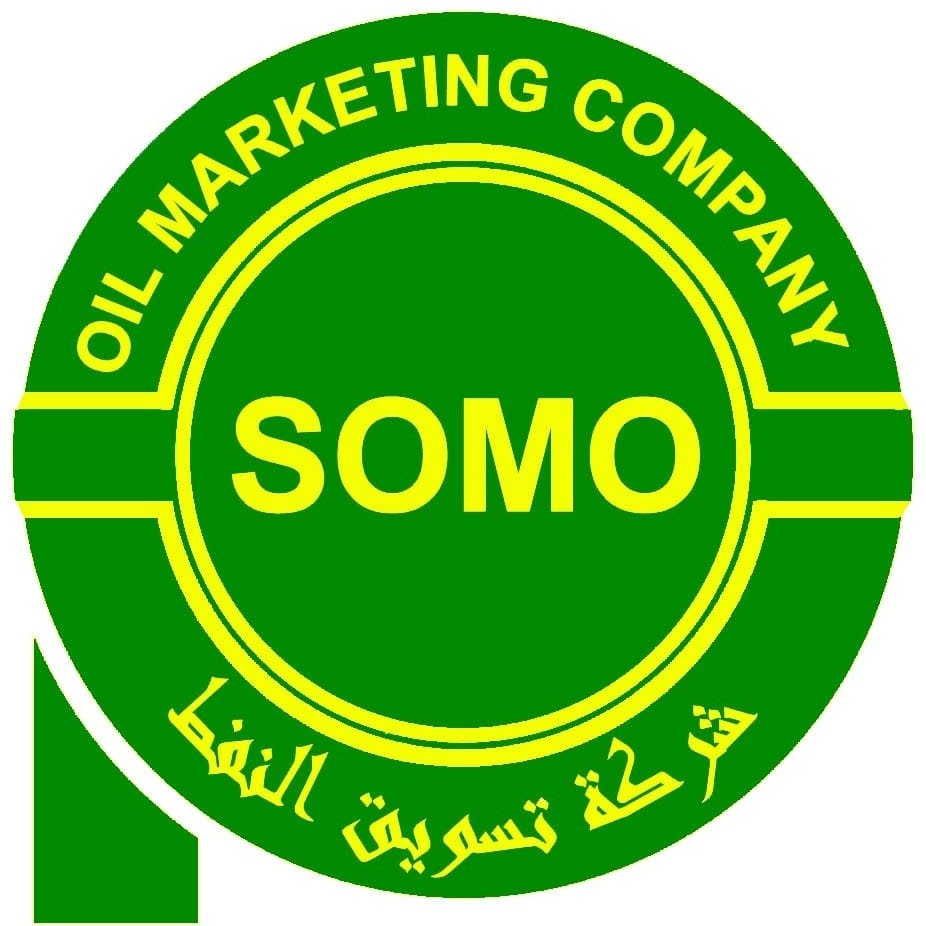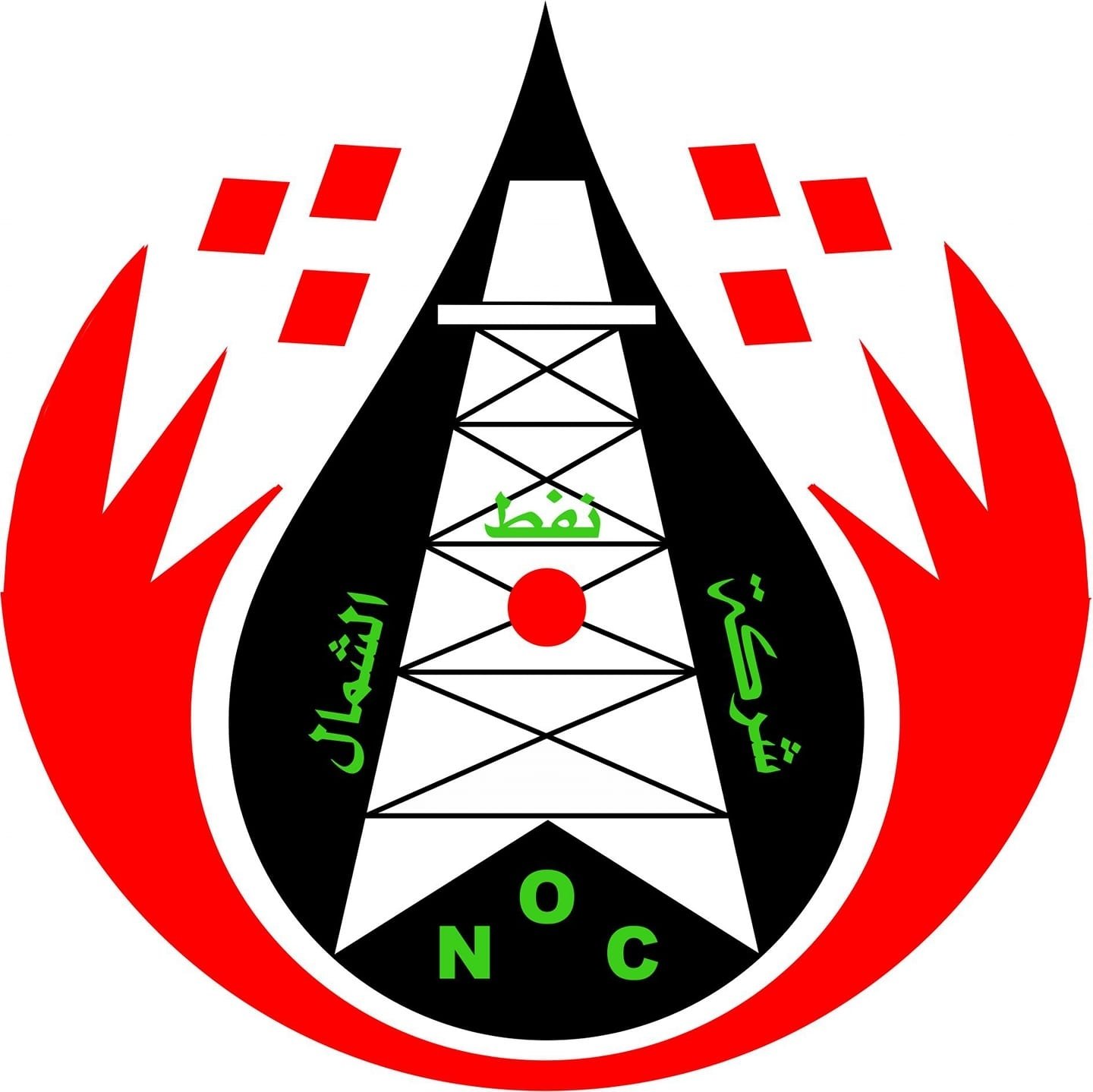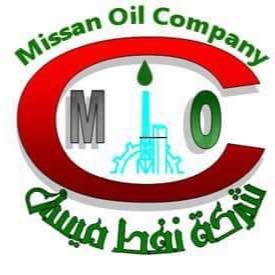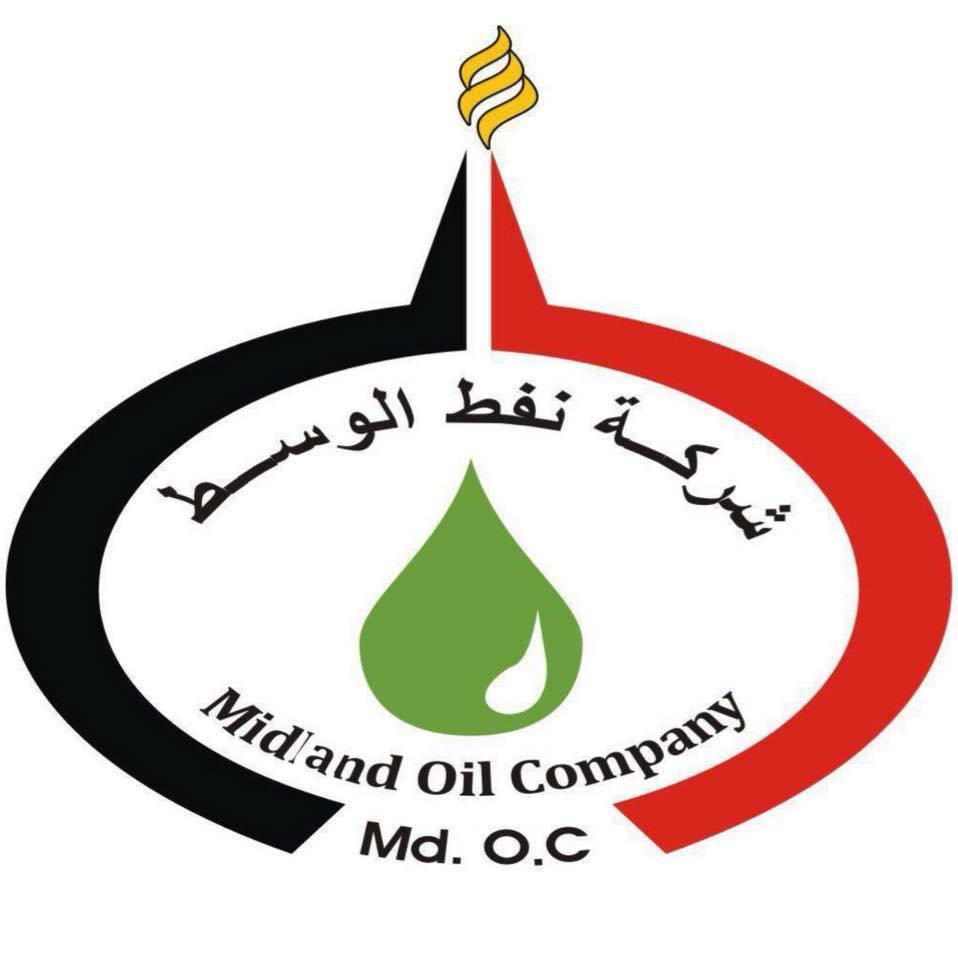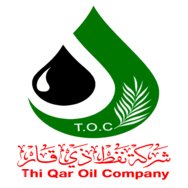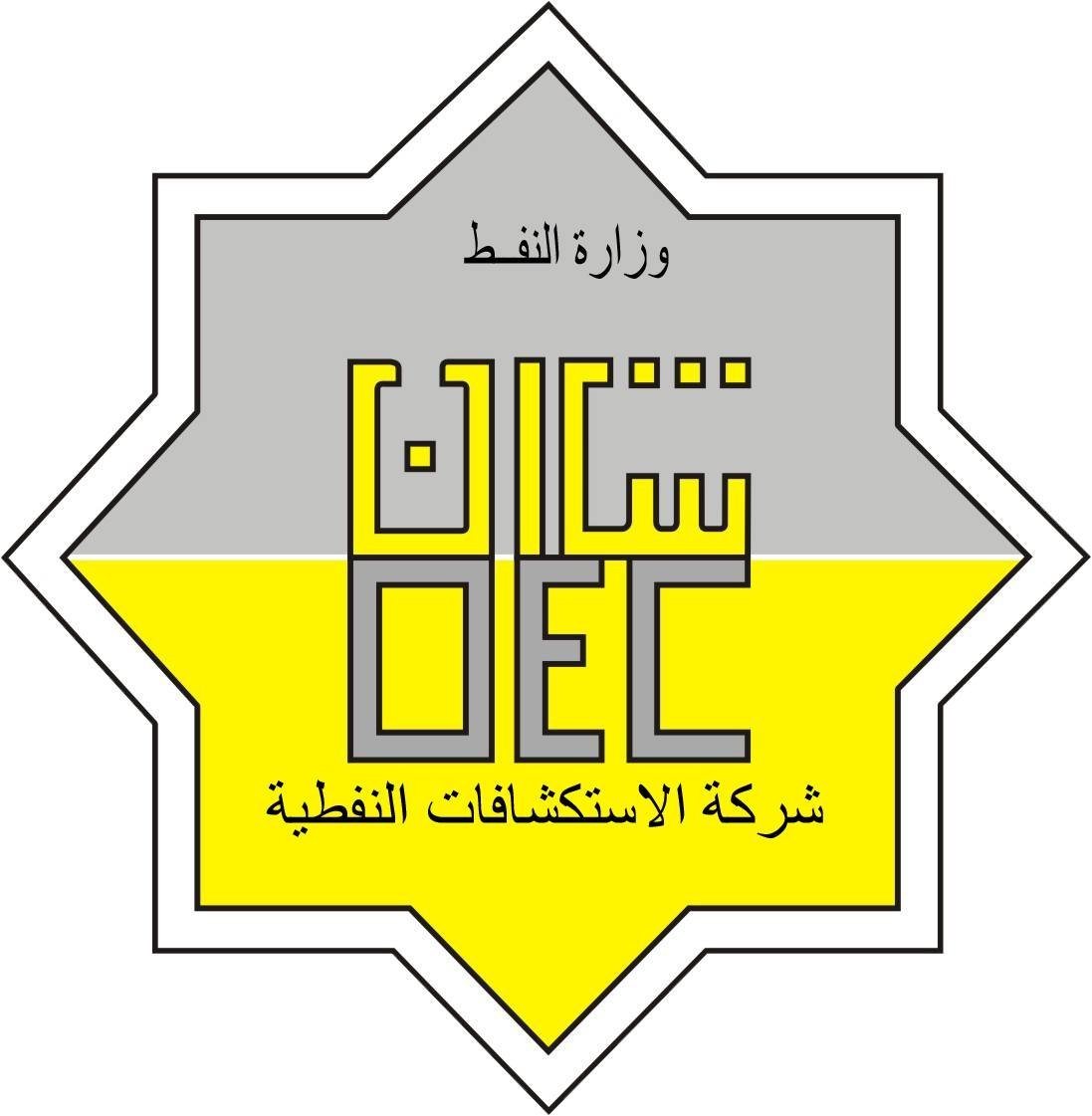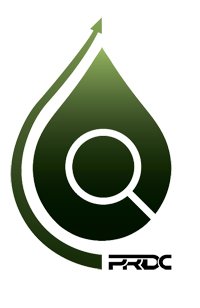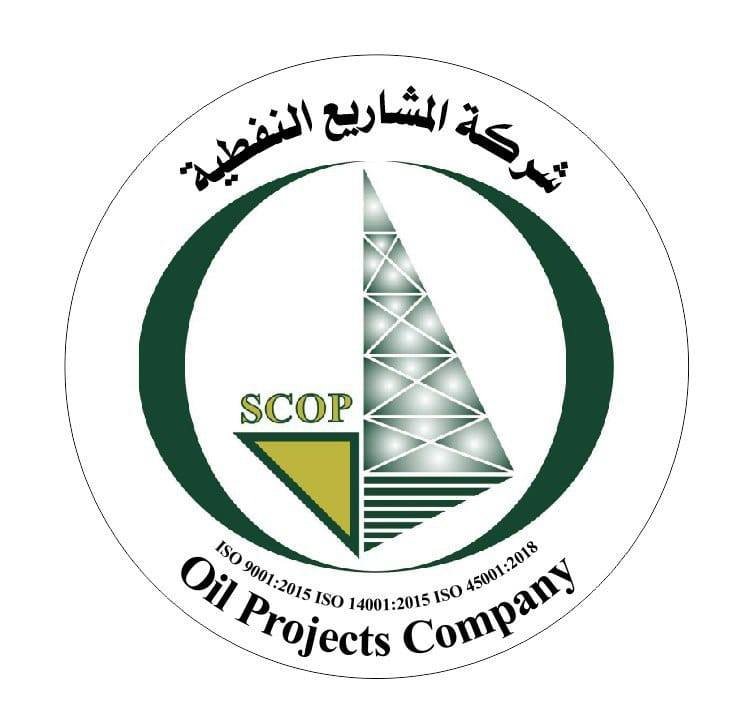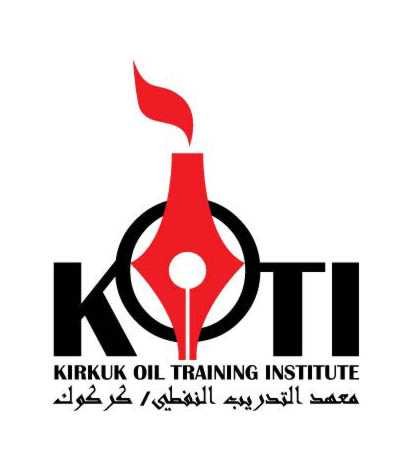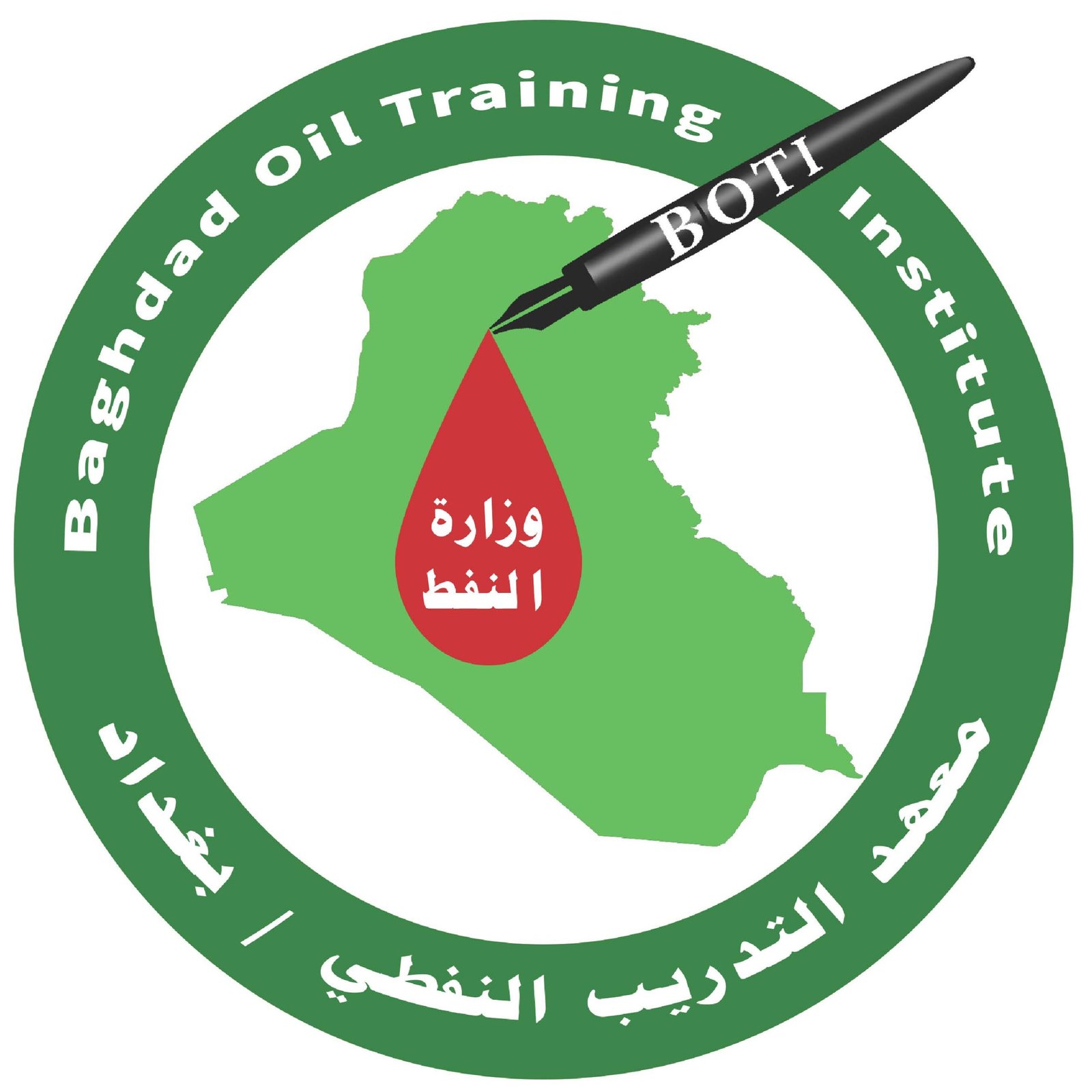The Ministry of Oil is the Iraqi government agency responsible for Iraqi petroleum. The Minister of Oil since October 2022 is Hayyan Abdul Ghani. Abdul Ghani, a former director general of the South Gas Co, was also previously director general of Basra Oil Co. He holds a master’s degree in mechanical engineering.
Government Agency
Calendar of Exhibitors
|
S
Sun
|
M
Mon
|
T
Tue
|
W
Wed
|
T
Thu
|
F
Fri
|
S
Sat
|
|---|---|---|---|---|---|---|
|
19 exhibitors,
The North Refineries Company is one of the 16 companies affiliated with the Iraqi Ministry of Oil. Its headquarters are located in Tikrit. It was established in 1976 under Law No. 101. At that time, the company was managed by the General Organization for Oil and Gas Refining. In 1997, Public Sector Companies Law No. 22 was issued, and the company's name became the North Refineries Company/Public Company. The Middle Refineries Company is one of the 16 companies affiliated with the Iraqi Ministry of Oil. Its headquarters are in Baghdad and it was established in 1953. The South Refineries Company is one of the 16 companies affiliated with the Iraqi Ministry of Oil. Its headquarters are located in Basra and it was established in 1969. It was built in 1969, and its facilities began production in 1974. The refinery is located 20 km west of Basra and has a capacity of 210,000 barrels per day. North Gas Company is an Iraqi state-owned company responsible for gas production in northern Iraq. The company is located in Kirkuk. The Iraqi Oil Tanker Company (IOTC) is an Iraqi state-owned company specializing in the maritime transportation of crude oil and refined products, established in 1972. The company was established pursuant to Law No. (22) of 1997 on June 1, 1998, whereby the status of the public pipeline facility was adapted in accordance with the aforementioned law. The company's headquarters are in Baghdad/Dora. The company transports all types of petroleum products within Iraq from production sources to distribution and consumption outlets via a network of pipelines. These include pipelines transporting crude oil feeding refineries and some power plants, pipelines transporting dry and liquid gas through pipeline networks from production sources to consumption sites, and pipelines transporting white petroleum products (gasoline, kerosene, gas oil) and black petroleum products (fuel oil and crude oil). It also extends, rehabilitates, and maintains oil pipelines for our company and other companies, and maintains and operates pumping and receiving stations in oil depots throughout Iraq. Heavy Engineering Equipments State Company " HEESCo" was established in 1963 In early stages, an experiment of marketing a small shipment of Iraqi crude oil received by Iraq's government which was produced by the International Oil Companies (IOCs) working in Iraq at that time, was the spark that led to the initiation of oil marketing in Iraq. The contract was concluded on swap basis for medicines with a Greek company, since it was not possible to sell the shipment at the announced Official Selling Price (OSP) that was paid to the Iraqi government by the(IOCs) when the latter was conducting marketing of Iraqi crude oil back then. - Oil and gas production from oil and gas fields within the company's geographic area. In July 1977, the Iraqi government took over the management of the operations of Alf Iraq Company and merged the activities of the Maysan oil fields with those of the General Organization for Southern Oil in Basra Governorate, creating the Maysan Oil Fields Department. Two years later, the department became a General Directorate, a status that remained in place until 1987. After that, the department was subject to administrative downsizing and streamlining decisions adopted by the government at the time, under the pressure of war and the cessation of production from the Maysan oil fields, as these fields had become an arena for military operations. The department's structure was reduced to the level of a division affiliated with the Operations Authority of the General Organization for Southern Oil. Between 1997 and 2008, it operated as an affiliate of the Southern Oil Company. The Middle Oil Company includes many oil and gas fields in addition to unexplored geological formations in the governorates that fall within the scope of the company’s work (Baghdad, Diyala, Wasit, Babylon, Diwaniyah, Karbala, Najaf, Anbar). The East Baghdad field is considered one of the most important of them, as the company’s current location is located within the operations center of the East Baghdad/Rashidiya field, which is one of the producing fields, in addition to the Khana oil field in Diyala Governorate, the Al-Ahdab field, which is being developed by the Chinese Oasis Company, and the Badra field, which is being developed by the Russian Gazprom Company in Wasit Governorate. Dhi Qar Oil Company is an Iraqi oil company engaged in oil exploration, extraction, well operation, and management. Its operations are located in Dhi Qar Governorate. Dhi Qar Oil Company was formed from the South Oil Company in 2016. Its initial capital was $42 million. Since then, it has assumed management of four oil fields in Dhi Qar. The company operates four fields: Subba, Gharraf, and Nasiriyah. The Basra Oil Company is an Iraqi state-owned oil company, affiliated with the Ministry of Oil. Its location and scope of operations are in Basra Governorate, in southern Iraq. It is one of the 16 companies affiliated with the Ministry of Oil. It was formerly known as the South Oil Company, established on June 16, 1969, and its operations included Basra, Dhi Qar, Najaf, Karbala, and Wasit. In 2008, the Maysan Oil Company was established, dedicated to Maysan Governorate. The Dhi Qar Oil Company was established in 2016, dedicated to oil in Dhi Qar Governorate. The name of the South Oil Company was subsequently changed to the Basra Oil Company. Since its establishment, the company's activities have included exploration for crude oil and natural gas throughout Iraq. This includes conducting onshore seismic surveys in mountains, plateaus, plains, deserts, and marshlands, processing and interpreting seismic data, drilling exploratory and appraisal wells, and identifying some development problems associated with producing wells. The Oil Research and Development Center (ORDC) is a division of the Ministry of Oil, established in 1992. Prior to 2003, the center's efforts focused on finding and manufacturing imported alternatives and materials needed by oil companies. After 2003, Iraq's opening up to the world and the fundamental changes that occurred in the center's objectives, the focus shifted to activities related to conducting scientific research, finding solutions to technical problems (refining, extraction, and corrosion) in the oil industry, conducting economic feasibility studies, economic models, econometrics, and launching a postgraduate research plan and contracting with Iraqi universities (through a mechanism for cooperation with universities, implemented by postgraduate students). Furthermore, the center opened up prospects for cooperation with international research centers to conduct a number of applied studies, continuing the researcher exchange program with international institutes, exchanging expertise with other research centers, and protecting the environment by conducting environmental monitoring operations for the activities of local and foreign oil companies operating in licensing rounds by concluding environmental monitoring contracts, in addition to conducting laboratory tests for oil sector companies, ministries, foreign companies, and postgraduate students. The Company for Oil Projects (SCOP) is an Iraqi state-owned company affiliated with the Ministry of Oil. It specializes in managing oil projects. The company is responsible for planning and executing seismic surveys, designing oil projects, implementing field projects, conducting engineering investigations, and launching project commissioning. It was established in 1951 in the Arafa area. In 1991, the institute was moved to Baiji. In 2000, a petroleum institute was established in the same old location in Kirkuk, affiliated with the Baiji branch. Then, on April 10, 2005, an independent petroleum institute was established in Kirkuk. On April 2, 2009, the new building of the institute was opened opposite the site of the Iraqi Drilling Company/Second Operations Authority. It was established on January 15, 1971, and the first batch graduated in 1973. Its area is 80,800 square meters, and it is considered one of the largest Iraqi and Arab petroleum institutes in terms of student capacity. |
19 exhibitors,
|
19 exhibitors,
|
19 exhibitors,
|
0 exhibitors,
|
0 exhibitors,
|
0 exhibitors,
|
|
0 exhibitors,
|
0 exhibitors,
|
0 exhibitors,
|
0 exhibitors,
|
0 exhibitors,
|
0 exhibitors,
|
0 exhibitors,
|
|
0 exhibitors,
|
0 exhibitors,
|
0 exhibitors,
|
0 exhibitors,
|
0 exhibitors,
|
0 exhibitors,
|
0 exhibitors,
|
|
0 exhibitors,
|
0 exhibitors,
|
0 exhibitors,
|
0 exhibitors,
|
0 exhibitors,
|
0 exhibitors,
|
0 exhibitors,
|
|
0 exhibitors,
|
0 exhibitors,
|
0 exhibitors,
|
0 exhibitors,
|
0 exhibitors,
|
0 exhibitors,
|
0 exhibitors,
|

